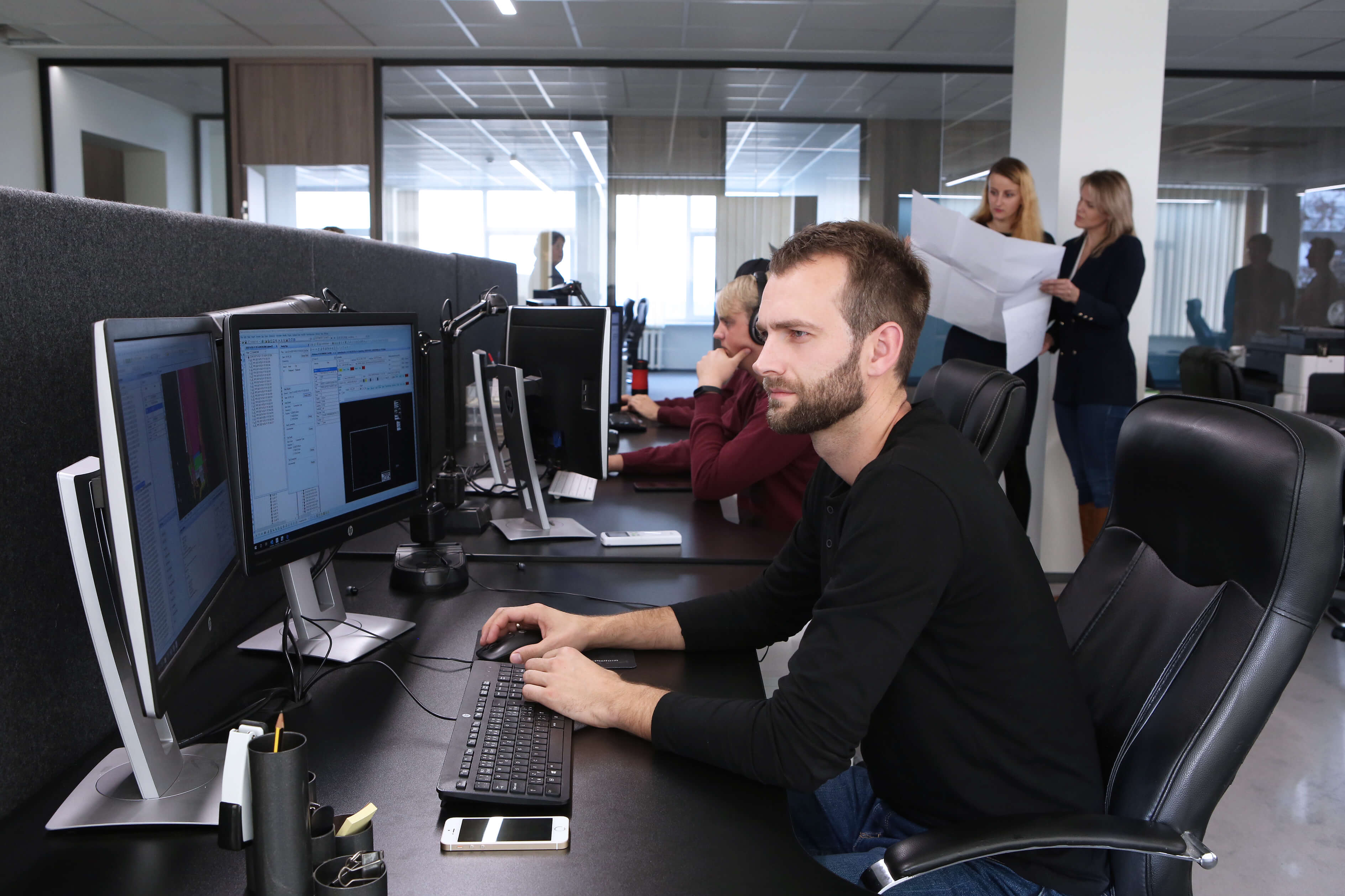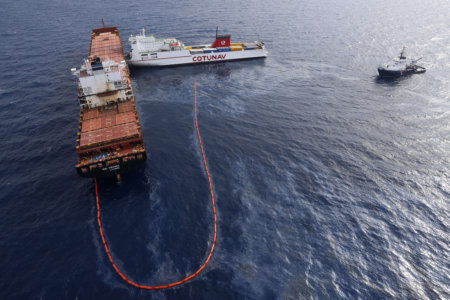Oil spills are devastating. To mitigate them, Klaipeda University researchers Tatjana Paulauskienė and Marija Kataržytė came up with an idea to help neutralise their consequences. It works by decomposing water-contaminating oil products with environmentally friendly biological microorganisms. Their research project has since won funding from the Agency for Science, Innovation, and Technology (MITA) to patent, develop and offer their invention to the international market.
“The technology we are developing is intended for larger-scale spills, when oil products are spread over a large area of water and can no longer be collected mechanically. The work of neutralising pollutants is to be performed by the microorganisms identified by us,” explains Paulauskienė, who with Kataržytė study the pollution of the Baltic seacoast with microorganisms.
Such impactful innovation is the hallmark of Klaipeda University. Here, the focus is on the promotion of sustainable social, cultural, and economic progress of Lithuania and its surrounding region. Many discoveries here achieve international recognition and commercial application.
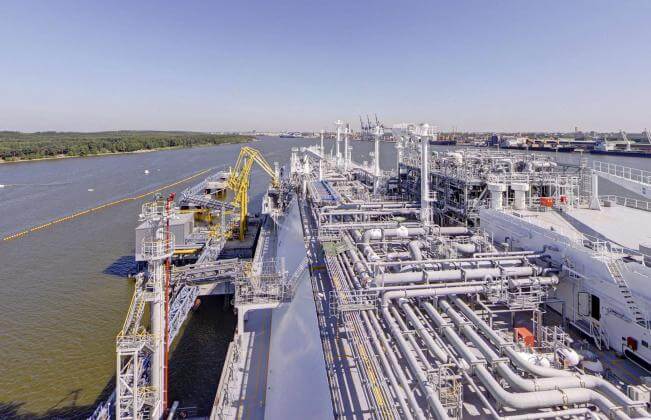
Source: Klaipėdos nafta
“Innovation, which turns into patents and technologies, is one of the added values created by universities and probably the goal of all young researchers. This invention, focused on the solution of ecological problems of the Baltic Sea, is also significant for us in that it reflects our determined strategic direction: to contribute to the formation of regional specialisation and economic progress, thus becoming a centre of scientific knowledge relevant to regional specialisation,” shares KU rector Artūras Razbadauskas.
The Faculty of Marine Technology and Natural Sciences carries out fundamental and applied research to develop and improve marine technology — from making propellers last longer, reducing drag and improving the seakeeping properties of hulls, to designing structures that perform better in collisions and require lower maintenance. Researchers from Germany, Great Britain, Italy, Finland, Estonia, and more, also bring their expertise here to all sorts of projects and fields.
Studying under these greats is set to be rewarding. The faculty offers bachelor’s and master’s programmes designed to make the most of its expert members, experiential learning opportunities, industrial collaboration and unique location.
BSc in Informatics Sciences (Informatics Engineering)
This four-year programme combines computer technology with engineering concepts. It covers engineering systems, automation, robotics, data basis development processes, special programming installations as well as mathematical modelling and programme systems for automation and digitalisation in industrial and business systems.
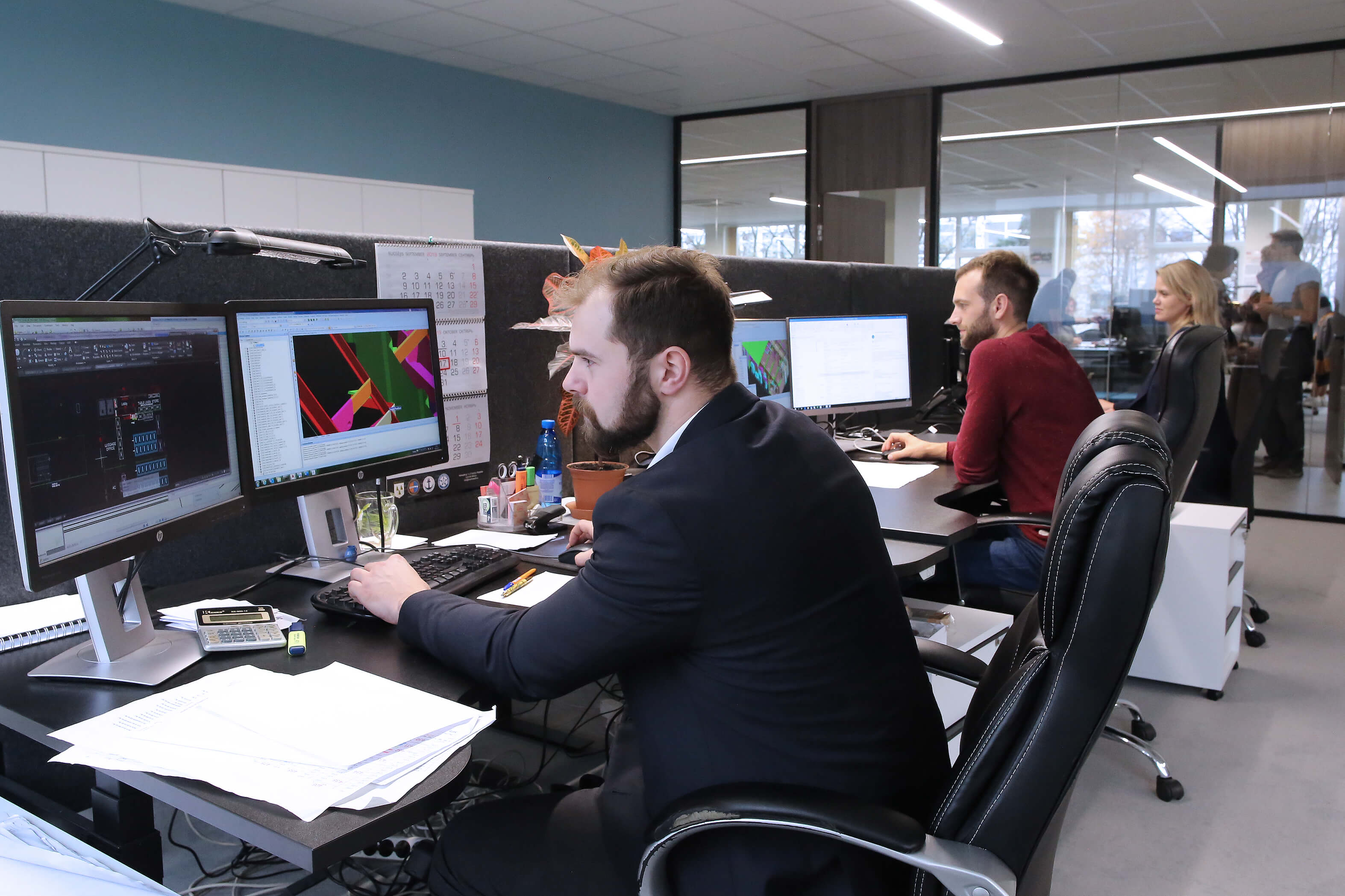
As the only university to have their own fleet, Klaipeda offers a programme that integrates both marine transport engineering and information technology. Source: Western Baltic Engineering
BSc in Marine Transport Engineering
This programme integrates marine transport engineering and information technology. Specialisations offered include Naval Architecture and Shipbuilding, Liquefied Natural Gas Engineering, and Management. Upon graduation, students can seek career opportunities in shipping technical departments, ship design, construction sector, research institutions, among many others.
MSc in Shipping and Port Engineering
For those who want to work in maritime complex enterprises, technology design and implementation areas, port divisions, transport companies, and administrative structures, this is the programme to kickstart a thriving career as designers, technical consultants or project managers in these niche fields. Core modules include Reliability of Engineering Systems; Port Infrastructure Engineering; Types of Ships and Introduction to their Design; Maritime Development Issues and Research Areas; Logistics and Administration; and Stevedoring Operations and their Management.
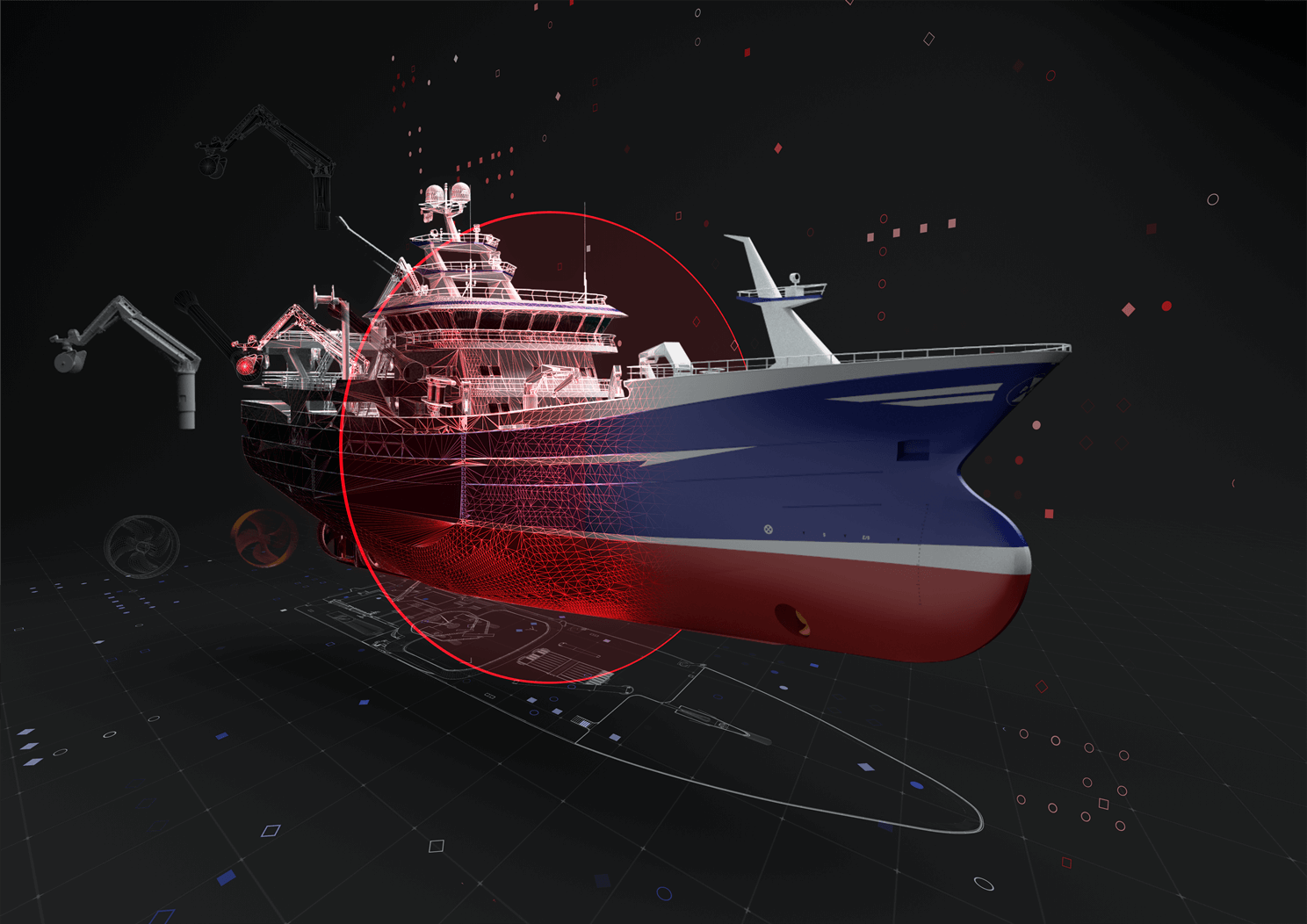
Source: Western Baltic Engineering
MSc in Production Engineering
Graduates of this two-year programme will possess the scientific competence related to production logistics, modern industrial equipment and its reliability assessment, designing and analysis, numerical and mathematical modelling of technical systems, as well as analysis, management and optimisation of technological processes.
Follow Klaipeda University on Facebook, Instagram, YouTube and LinkedIn

